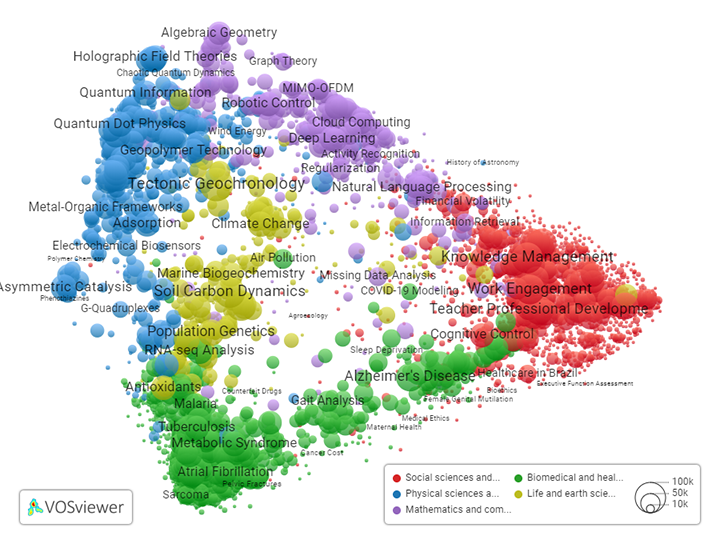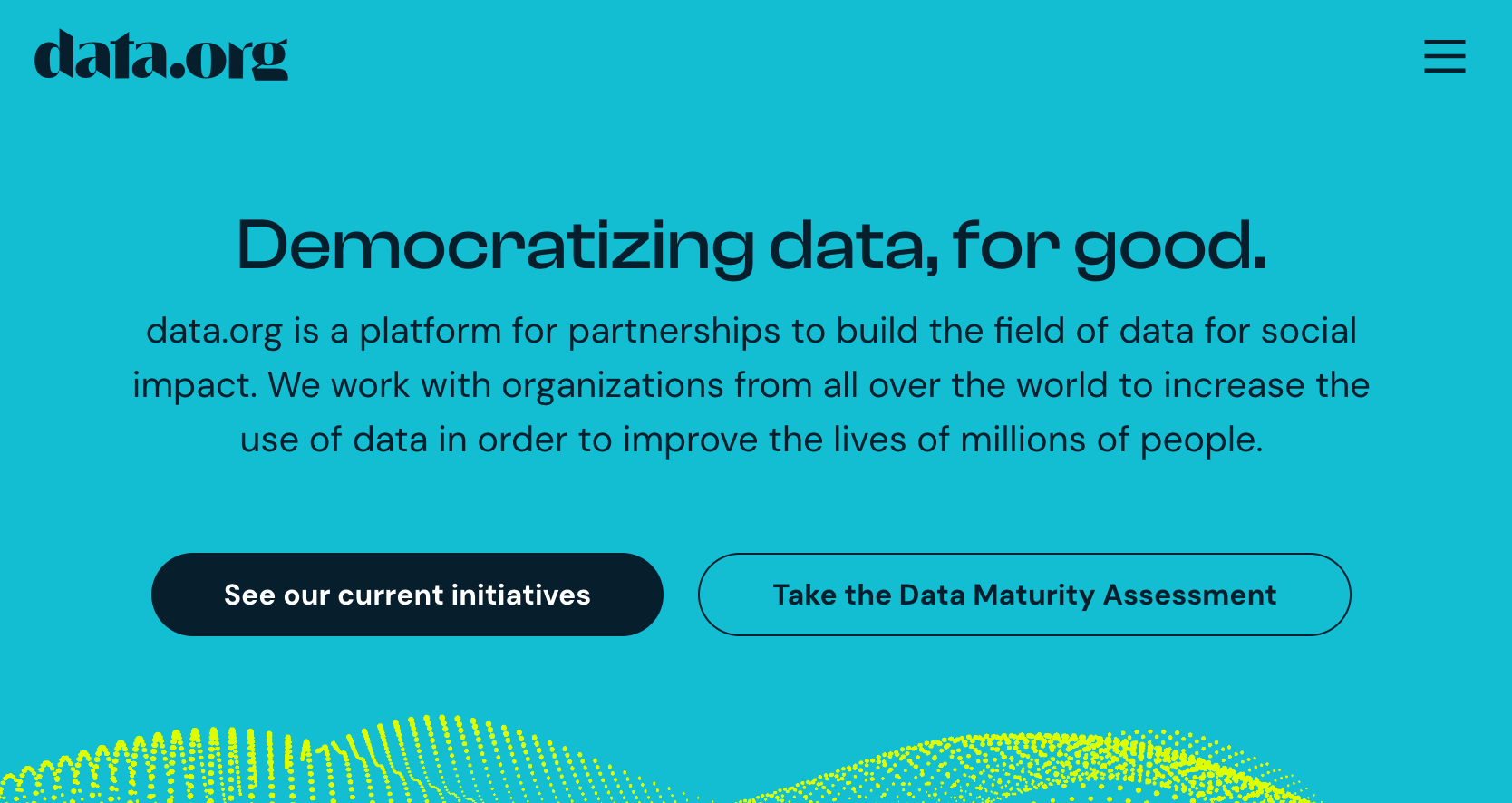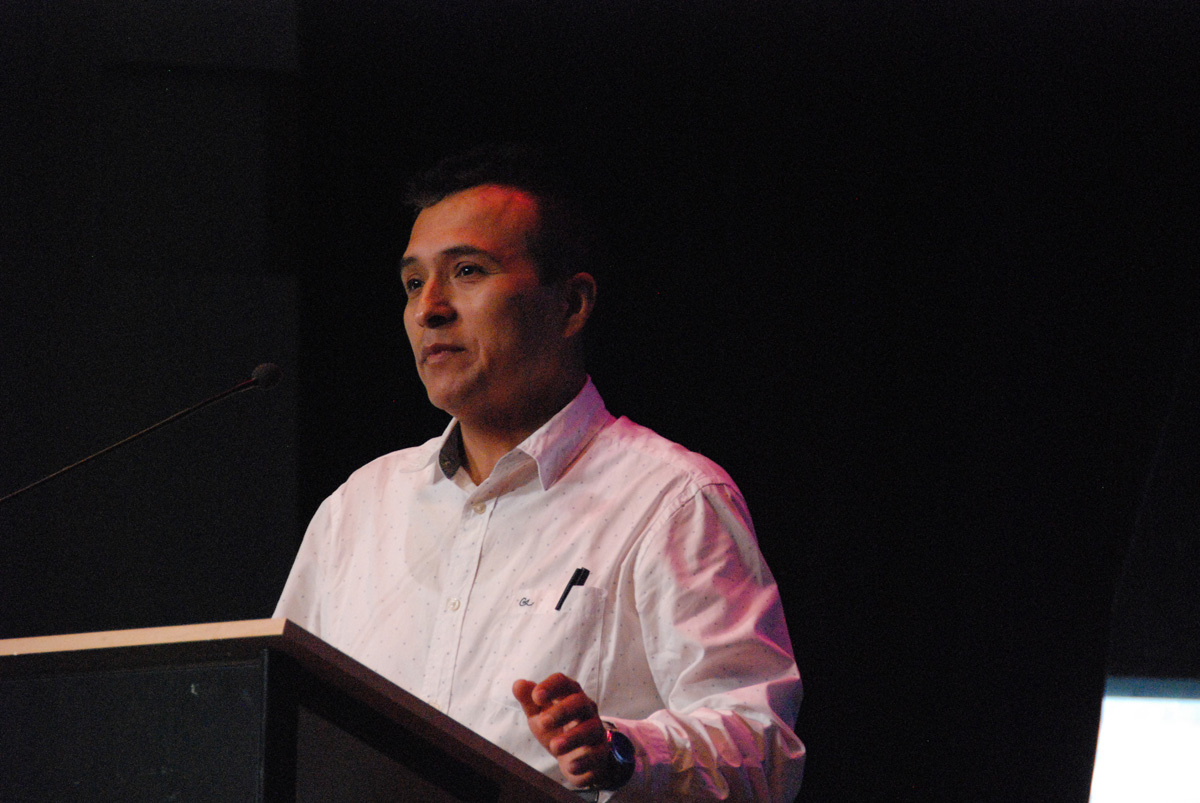
Classifying research publications into research topics or research areas is crucial for many bibliometric analyses. While there are lots of approaches for classifying publications, most of these approaches lack transparency.

Classifying research publications into research topics or research areas is crucial for many bibliometric analyses. While there are lots of approaches for classifying publications, most of these approaches lack transparency.

During multiple testing, researchers often adjust their alpha level to control the familywise error rate for a statistical inference about a joint union alternative hypothesis (e.g., “ H1 or H2 ”). However, in some cases, they do not make this inference.

Im Jahr 1995 ging mit MONARCH an der Technischen Universität Chemnitz eines der ersten institutionellen Open-Access-Repositorien in Deutschland online (Blumtritt, 2006). Anliegen dieser frühen Repositorien, die unter den Begriffen Dokumentenserver und Hochschulschriftenserver betrieben wurden, war es, Qualifikationsarbeiten zu veröffentlichen.
How to find the most relevant scientific literature on topic X? How to evaluate the research carried out by department Y? And how to establish new strategic priorities for university Z? These are just a few examples of the many important decisions that researchers, research evaluators, and science policy makers need to make on a daily basis.

The past years have shown that science can play an important role in societal debates. Science was clearly pivotal in the development of COVID-19 vaccines. In addition, many of the interventions and policies, such as masking, school closures or even curfews, were presented as evidence-based solutions, motivated by scientific advances in our understanding of the virus.

In October, I shared I started to look for a regular job --- last week, I started as a senior software engineer for data.org until end of 2025. In this role, I will be contributing to digital public goods using data for social impact.

Die Notwendigkeit von Persistent Identifiern (PIDs) zur dauerhaften Identifikation der mit Forschungsprozessen verknüpften Personen, Organisationen, Ressourcen und ihrer Forschungsprodukte ist inzwischen als grundlegendes Prinzip global anerkannt.

The inflation of Type I error rates is thought to be one of the causes of the replication crisis. Questionable research practices such as p -hacking are thought to inflate Type I error rates above their nominal level, leading to unexpectedly high levels of false positives in the literature and, consequently, unexpectedly low replication rates. In this article, I offer an alternative view.

Repositorien stellen eine Schlüsselinfrastruktur in der Open-Science-Landschaft dar. Sie sammeln und bewahren Forschungsergebnisse, ermöglichen gleichberechtigten, freien Zugang zu Inhalten für Mensch und Maschine, inkl. Zugriff für Analysen, Text-und Data-Mining und anderen IT-gestützte Forschungsmethoden. Ihre Nutzung wird deshalb zunehmend auch von Förderern aktiv empfohlen und teilweise sogar gefordert.

Greetings from Peru, nestled in the heart of the Andes, where I find myself reflecting on two transformative events in my scientific journey: the CWTS Scientometrics Summer School (CS 3 ) and the 27th International Conference on Science, Technology, and Innovation Indicators (STI 2023). As a bibliometrics enthusiast for the past two decades, this experience has been nothing short of a revelation—a journey that prompted me to question